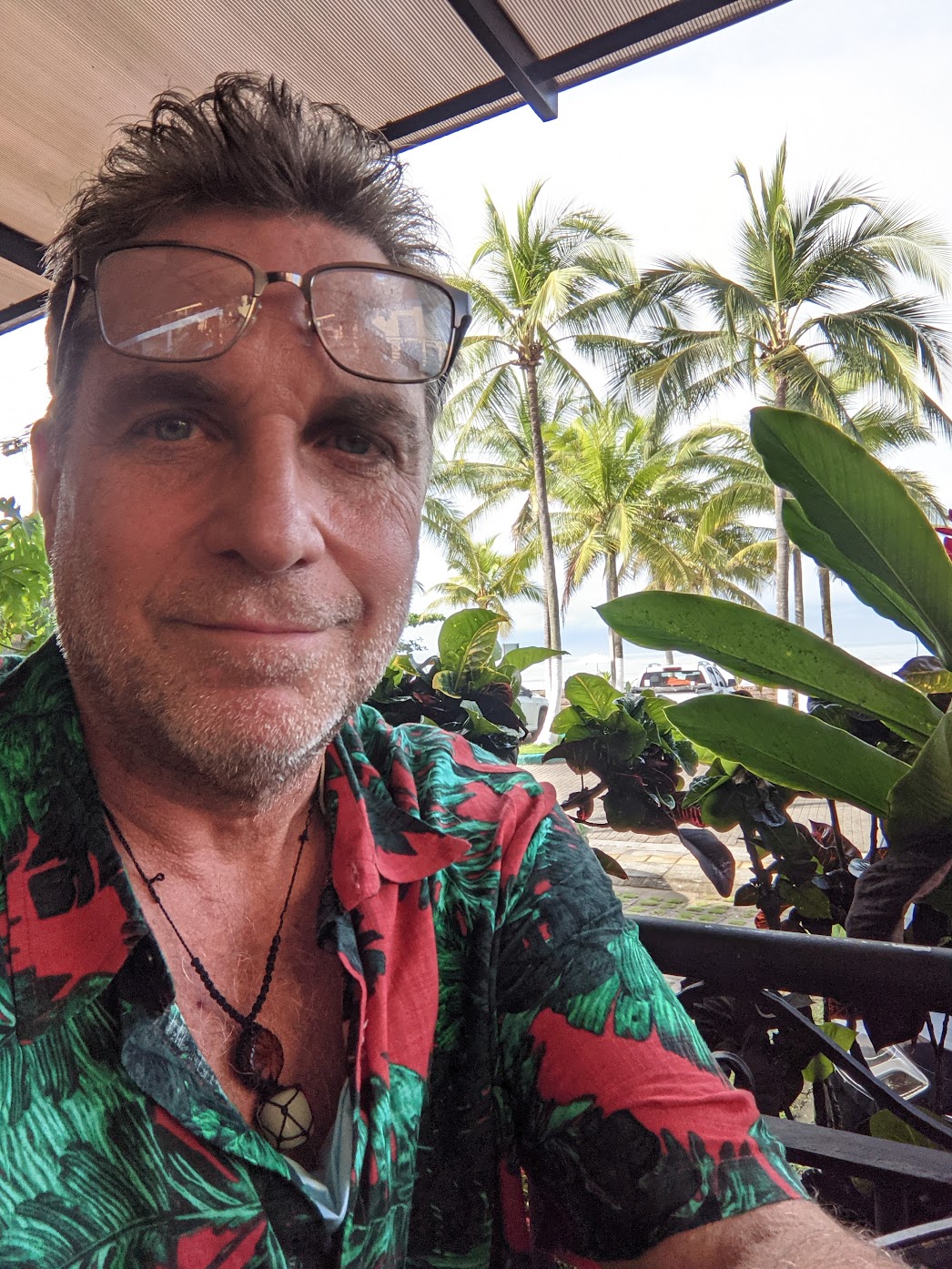Vic on Organizational Learning
Let’s set the stage for what this section of Discovery Fuel’s blog on organizational learning is all about. Companies that fall into this category often describe themselves as learning organizations. It is one of the first recognized concepts that the corporate world has successfully used to bridge the previously huge gap between education and business. Interesting to note that the value of this concept has been increasing as companies have needed to increase their rate of change and adaptivity. More and more it has become necessary for companies to innovate faster and faster in order to keep market share, and this means being to learn quicker and quicker. Otherwise known as complex adaptive systems, popped out of the scientific systems theory platform in order to help companies move more quickly on their feet – to change with the needs of their customers, as well as to stay caught up with the next great idea that competitors were generating.
Another thing that is coming out of all this stuff is learning is being viewed as a dynamic rather than a static process, requiring a broad base of networking with others in order to synthesize knowledge into something often completely unexpected – truly innovative. Another word for what is happening can be simply called collaboration. (This is the basis for Discovery Fuel’s Colab group design process.) Suddenly competitors became collaborators and the new term ‘coopetition‘ arose. And out of this, people began seeing other people as people rather than as cogs in a mechanistic system. Ironically this movement, which what was once believed to be an accurate assessment of an ideal or perfect Universe, began to break down. And out of that, we began to speak of our companies as having an organic nature, and a cultural influence where meaningfulness surfaced as a guiding torch in the search for the ultimate value proposition.
Now, there’s yet another interesting twist (which I think is wonderful!) with the development of the ‘learning organization’ idea. It has got company staff collaborating in ways they never thought was appropriate. Ultimately, I believe it has catalyzed another shift. One that is deflating the level of value and purpose for the nucleic model known as intellectual property (IP). Company directors have begun to see that great insights are often coming, not from the executive nucleus, but from the fringes of the company – the cell membrane, so to speak (see ‘The Biology of Belief‘ by Bruce Lipton). From these people seeing and experiencing need, desire, supply, and demand at a whole different level. Through this new awareness, the hierarchy of companies has been flattening. Not that management is going away, but rather to say it has reversed its thinking of what the role of a manager is. I love that fact that they are shifting from a directing and oversight perspective, to a role where they are facilitating and empowering their staff. This in turn is increasing the level of company (as in people) participation, which in turn is raising their commitment and support for company actions because those actions are THEIR actions. Thus, the acceptance of the sustainability movement began to penetrate the stogy old corporate dinosaur’s belly, which is where we are today – We’re in the belly of the whale (so to speak).
And soooo, the story of organizational learning continues to expand and evolve. That’s why, here in this blog, we will be discussing the new ideas that are emerging around learning – both at an organizational and at a personal level. We will also review implications of these changes as they are applied into practical, real situations. Personally, I believe that a conscious understanding of these concepts deeply influence the next generation of innovation – “sustainable” innovation – to happen.
Let me know your suggestions and insights.
Similar Posts:
- Vic's "Be The Change!" Twibes Twitter Postings
- Online Collaboration Boosts Power of the People
- Silence is a cancer that grows – moving away from enslaved thinking.
- Sustainability Reporting and the Creative Process
- Vic on Sustainable Innovation















 Inquiry: Starting everyone of my questions with ‘open ended’ question words including the 6 ‘W’s: WHY is it this way, WHAT is it exactly, (w)HOW does it work, WHO is involved, WHEN is it enacted, WHERE does it reside or show up. In this way, your research will expand from isolated assumptions into broader understandings and improve data outcomes.
Inquiry: Starting everyone of my questions with ‘open ended’ question words including the 6 ‘W’s: WHY is it this way, WHAT is it exactly, (w)HOW does it work, WHO is involved, WHEN is it enacted, WHERE does it reside or show up. In this way, your research will expand from isolated assumptions into broader understandings and improve data outcomes. A more challenging but (in my view) more fun part of development, is enabling your research into a ‘social performance’ process for creating social capital and social innovation. This is done through 3 phases as follows (note ‘phases’ are different than ‘stages’):
A more challenging but (in my view) more fun part of development, is enabling your research into a ‘social performance’ process for creating social capital and social innovation. This is done through 3 phases as follows (note ‘phases’ are different than ‘stages’):